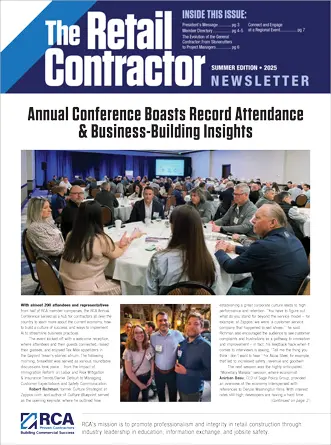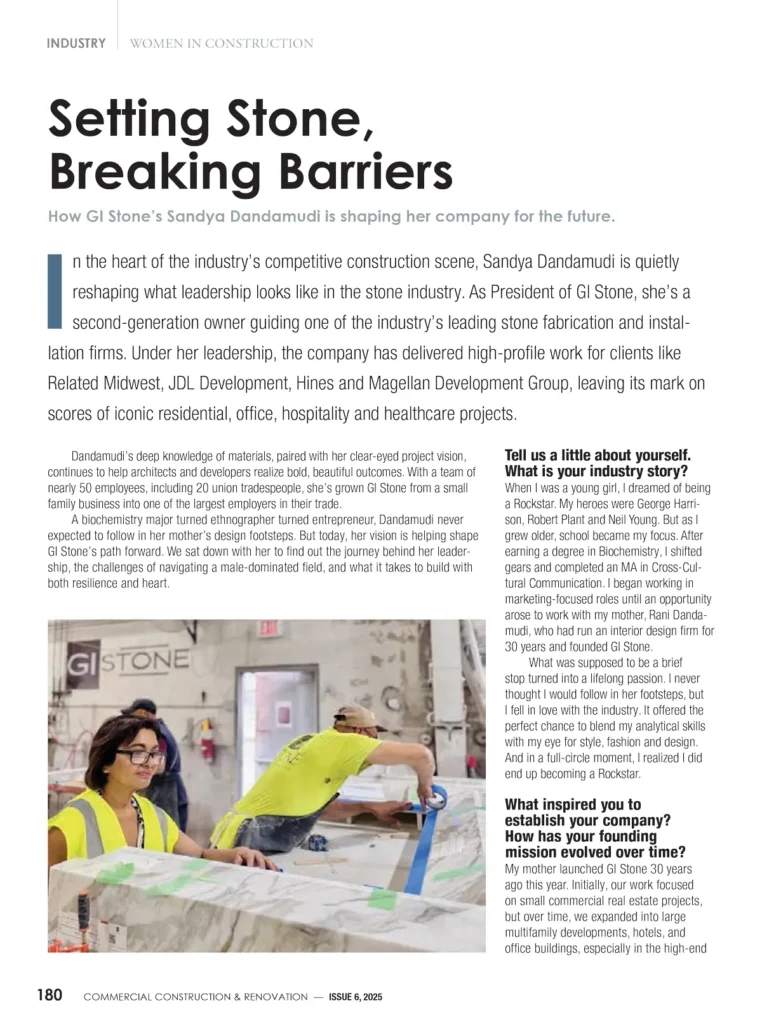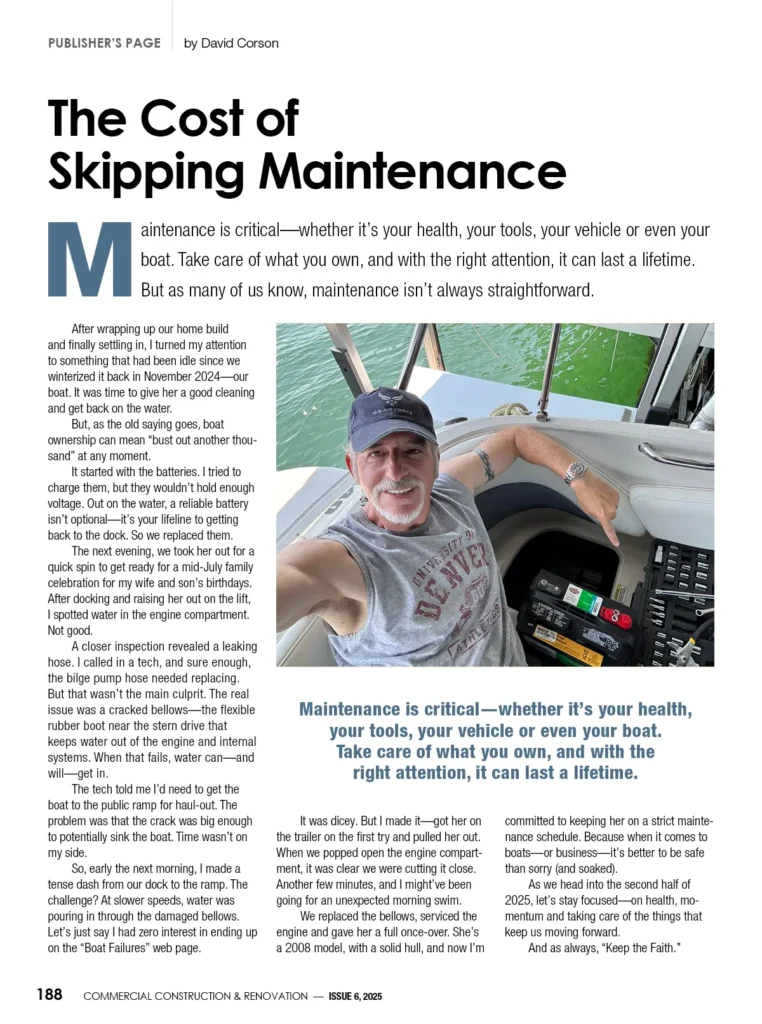SMEs (Small-to-Medium-sized Enterprises) make up 99% of the firms in the UK and are the “lifeblood” of our economy. There are some 300,000 construction SMEs, which are responsible for 9% of the UK’s GDP.
SMEs in all sectors have faced a number of challenges in recent years, from COVID-19 to rocketing inflation and plenty more.
Now, however, cash flow issues are amongst the most common problems facing SMEs in the UK. With cost-of-living issues continuing to affect payment cycles, nearly half of small-to-medium-sized businesses list cash flow as the single largest issue they’re confronted with.
For the construction sector, where invoicing is king, this is a serious issue, increasing the risk of insolvency for SMEs that rely on timely invoice payment to survive. We caught up with invoice finance specialist Stuart Wilkie, Head of Commercial Finance at broker Anglo Scottish Asset Finance, to discuss some of the ways construction sector SMEs can protect themselves against cash flow issues.
Key findings
- SMEs make up 99% of the firms in the UK.
- There are 300,000 construction sector SMEs in the UK.
- 48% of SMEs list cash flow issues as the biggest problem they currently face.
- UK SMEs are owed an average of around £250,000 as a result of outstanding invoices.
- The UK’s small businesses collectively waste over 56 million hours each year chasing late invoices.
- Average times for construction businesses to be repaid dropped from 45 to 32 days between 2017 and 2023.
- The government has extended the Recovery Loan Scheme, rebranded as the Growth Guarantee Scheme, which offers a 70% government guarantee on SME loans up to £2m in Great Britain.
The current outlook for construction SMEs
48% of SMEs in the UK highlight cash flow issues as the biggest issue they’re currently facing, though this figure doesn’t quite reveal the extent of the problem. Research from 2023 indicated that SMEs in the UK are owed, on average, around £250,000 as a result of outstanding invoices – an amount that threatens to cripple SMEs.
For construction businesses, which are more reliant on invoicing than other sectors, impeded cash flows can lead to huge project delays and further issues. In 2022, the percentage of construction invoice payments that were paid late peaked at 52.9%.
Under the current economic climate, with the UK’s economy now officially in a recession, we may yet see that figure increase.
“Rather than traditional forms of finance like a standard commercial loan, SMEs in this position are more likely to benefit from less rigid forms of finance, such as invoice finance,” comments Wilkie. “However, there are plenty of other ways that SMEs can insulate themselves against slow payments and cash flow issues…”
Embrace automation
Intuit Quickbooks estimate that the UK’s small businesses collectively waste over 56 million hours every year chasing late invoice payments. For the average business owner, this means more than a week each year wasted – time that could be spent on more productive project-focused matters.
Investing in automated invoice processing could reduce the time wasted chasing these outstanding invoices, enabling your business to focus on the tasks that really matter.
Reducing overheads
Rising overheads are also proving to be an issue for construction businesses, with fixed costs proving a barrier to further investment. Though energy prices have begun to dip again in recent months, skyrocketing costs through 2022 and 2023 made fixed costs a serious barrier to business growth and even survival in many cases.
It can be difficult for SMEs to get a handle on which areas of their business are costing them money – without end-to-end visibility over your operations, it can be a challenge identifying which fixed costs to tackle first.
“Take the time to interrogate your overheads”, advises Wilkie – “Could you save money by switching energy providers? Can you cut down on freight or storage costs? This could help give your business a degree of flexibility once more.”
Invoice finance
Invoice finance is another valuable facility which is being accessed by a growing number of construction companies looking to create more sustainable cash flow practices. By working with a third-party funder, construction SMEs gain the opportunity to leverage unpaid invoices to instantly receive up to 90% of the invoice’s value.
“From a forecasting perspective,” says Wilkie, “invoice finance makes life far easier. Rather than dealing with different customers or suppliers who pay invoices with varying degrees of urgency, invoice finance lets smaller businesses get a handle on the money they’re owed, without being hamstrung by other businesses dragging their feet.”
Renegotiating terms
For many construction companies, previously agreed invoice repayment periods are hamstringing current business. Elongated repayment terms could be benefitting your partners and suppliers to the detriment of your business.
BuildUK, the UK’s leading representative for the construction industry, has noted an increase in the number of businesses that are benefitting from improved invoice repayment terms in recent years. In construction – one of the sectors most affected by invoice issues – this development is huge.
Average times to repay invoices dropped from 45 to 32 days between 2017 and 2023, while the percentage of invoices paid within 60 days climbed from 82% to 94%. Actively interrogating your existing invoice practices could help bring your business some flexibility – try to renegotiate shorter repayment terms and you could see the benefit.
Accessing support
The recent release of the Spring Budget seems to offer further protection for SMEs, with Conservative politicians heralding 2024 as “The Year of the SME.” The Recovery Loan Scheme, intended to help SMEs get access to finance, has been extended and rebranded as the Growth Guarantee Scheme.
The scheme offers a 70% government guarantee on SME loans up to £2m in Great Britain. The same guarantee is offered to SME loans up to £1m in Northern Ireland.
While this could be a big help, Wilkie encourages construction businesses to research a range of funding sources if looking for external support. “You may be able to access more favourable lending terms from alternative lenders, so don’t feel bound to big banking institutions. You can typically trust any lender that’s FCA-approved, and you can double-check the FCA register to find out whether they are!”
So, if your company operates in the construction sector, there are plenty of different avenues available for you to explore to protect yourself from cash flow issues. Use the different options available to you and combine them to provide your business with maximum flexibility.
About Anglo Scottish Finance:
Anglo Scottish Asset Finance, founded in 2007, is an experienced group of finance brokers with a unique portfolio of funders. Covering renewables, agriculture, asset and commercial finance and more, Anglo Scottish’s extensive range of funders has enabled businesses and individuals around the country to achieve their goals.
Discover its wide range of finance options today: www.angloscottishfinance.co.uk






























